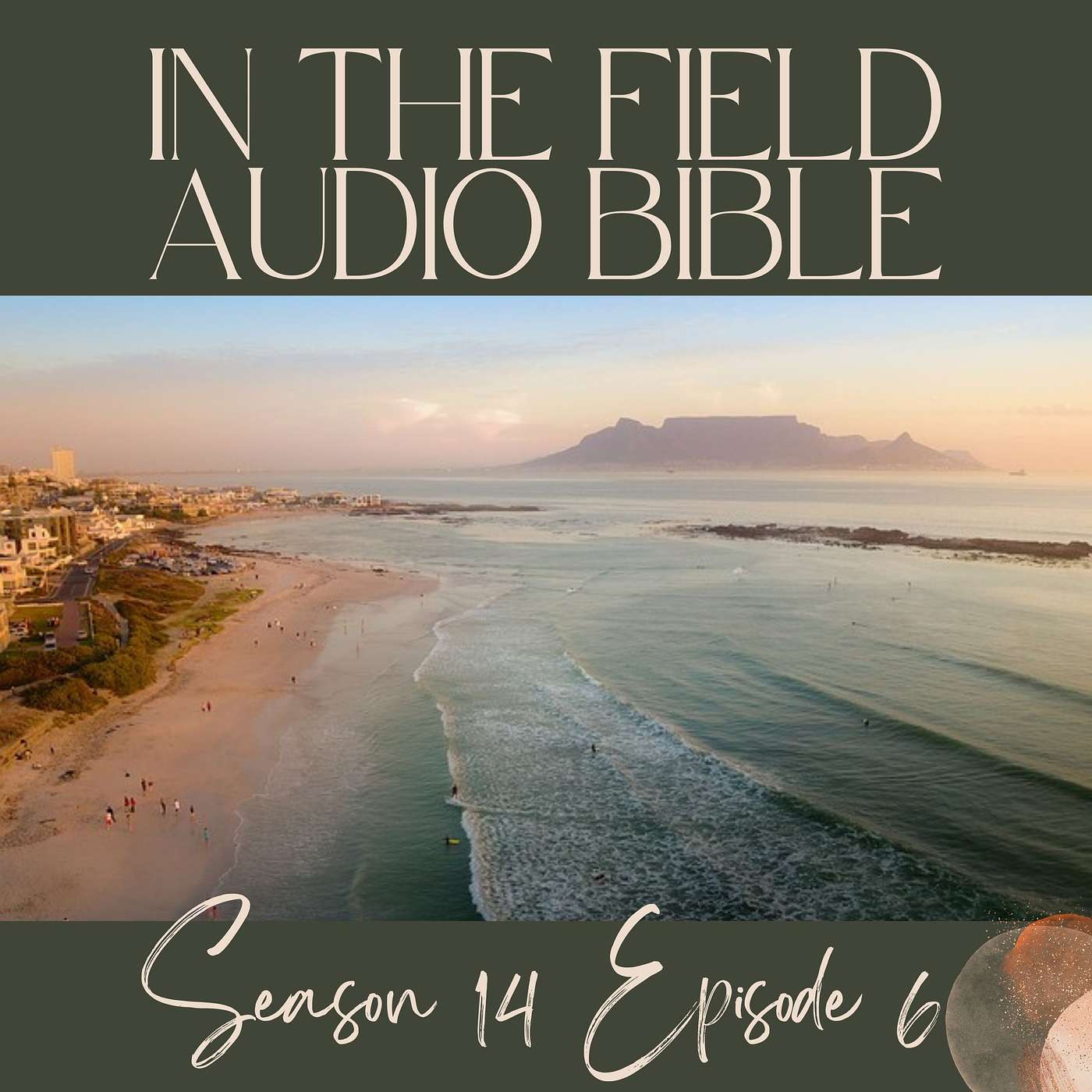Finding Redemption in Galatians: Paul's Final Words on Spiritual Freedom

Paul's final words in his letter to the Galatians aren't merely a conclusion—they're a profound commissioning that resonates as powerfully today as when they were first penned. In Galatians 6, the apostle brings his message of freedom in Christ to its practical culmination, showing us that true spiritual liberty isn't self-centered indulgence but rather a life marked by burden-bearing love and intentional spiritual cultivation. These are words on spiritual freedom that call us to live grace daily, to sow in the Spirit, and to embody the kind of faith that serves others and glorifies Christ through humble obedience.
The chapter opens with one of the most beautiful and challenging commands in Scripture: "Carry each other's burdens, and in this way you will fulfill the law of Christ." Here, Paul establishes that authentic Christian community isn't built on judgment but on gentle restoration. When someone stumbles, those who are spiritually mature don't respond with condemnation but with compassionate support. This radically counters our culture's tendency to criticize, cancel, or distance ourselves from those who fall. Instead, Paul envisions communities where vulnerability is met with strength, where weakness is met with support, and where no one is left to struggle alone. This burden-bearing isn't optional—it's the very fulfillment of Christ's law of love.
Paul then delivers one of the most sobering spiritual principles: "Do not be deceived: God cannot be mocked. A person reaps what they sow." This agricultural metaphor frames our daily choices as seeds planted in the soil of our lives. When we sow to the flesh—prioritizing temporary pleasures, selfish ambitions, and worldly values—we reap corruption. But when we sow to the Spirit—choosing patience, kindness, generosity, faithfulness—we cultivate a harvest of eternal significance. This isn't works-righteousness; it's the natural outcome of grace working in committed hearts. Paul knows spiritual farming is exhausting, which is why he encourages, "Let us not become weary in doing good, for at the proper time we will reap a harvest if we do not give up." The harvest may not appear overnight, but it will come if we persist in faithful sowing.
The letter crescendos with Paul taking the pen himself, writing in large letters (perhaps due to poor eyesight or to emphasize his point), declaring what truly matters: "May I never boast except in the cross of our Lord Jesus Christ." This revolutionary statement cuts against every human instinct to find significance in our accomplishments, appearances, influence, or moral performance. For Paul, the cross of Christ—the place where divine love met human sin, where mercy triumphed over judgment—is his only boast. This isn't false humility; it's the foundation of genuine freedom. When our identity is anchored in the finished work of Christ rather than our achievements, we're liberated from both the despair of failure and the emptiness of success. Paul concludes with a blessing of grace—the same grace that begins and sustains the Christian life.
As we reflect on Galatians 6, we're invited to examine our lives. Are we carrying others' burdens or adding to them? Are we sowing seeds that will bear lasting fruit or momentary gratification? Is our boast in our own religious performance or solely in Christ's finished work? These questions aren't meant to condemn but to guide us into the freedom Paul so passionately defended throughout this remarkable letter. The gospel isn't just about what we're saved from; it's about what we're saved for—a life of Spirit-led love that changes not just our eternal destination but our present reality.



